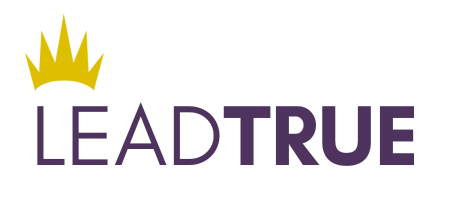Getting Comfortable with Fear
I wish I didn’t feel afraid.
When I’m fearful, I feel it first in my stomach, a small tornado of anxiety. My forehead tightens, like it’s trying to focus my brain on resolving the issue. My shoulders tense, and I grow still like a rabbit in the bushes when my dog walks by on her leash. I notice I have these reactions in a variety of situations, like when I get an email that suggests I made a mistake at work, if I walk by an uncomfortable scene while I’m walking the dog at night, when someone honks at me in traffic, or while I’m preparing to hike up to the top of a 14,000-foot mountain. It doesn’t matter if what I’m afraid of is big or small, real or imagined. When I feel afraid, I feel afraid.
Sometimes the fear easily dissolves, like when I realize I misread the email or make a quick phone call to connect with the person who sent it. Sometimes the fear escalates, like when the scenario I’m walking by on the south side of Chicago gets louder as I grow nearer. Sometimes it persists over time, like when I plan for possible hardships that might occur on the top of the mountain.
I feel like it’s important for me to acknowledge that what I’m talking about is different from intense fear people face when they simply need to survive. I am lucky that my day-in-day-out environment is relatively safe, and I do not want to be dismissive of fears that people face that are beyond what I’ve personally ever experienced.
In fact, this realization makes me wish even more strongly that I wasn’t afraid.
Typically I think …
Fear is unpleasant, uncomfortable and exhausting. Yet I know that most of the time in my world I have nothing to be afraid of, that all is well, which makes me irritated at myself for being afraid and wasting this energy.
Fear is scary, causing the imagination to go down dark alleys toward horrific outcomes. Yet I know that where I put my attention is my choice, and focusing too much on an unpleasant outcome can cause a prophetic outcome.
Fear is taboo. We are encouraged to come from inspiration or love instead of fear, which in an ironic way makes us feel afraid of fear itself, stuck in a maze with no way out.
Yet, I’m also aware that fear is not going away. It’s not something that disappears entirely, no matter what your situation is in life. Resisting, suppressing, ignoring or judging fear is incendiary and counter-productive. We need a different relationship with fear that is not “either/or” or suggests that there a flip to be switched on or off. In fact, being comfortable with fear is an important leadership trait.
Let’s try this. From this point forward, consider that …
Fear is instinctive and valuable. I am grateful for all those moments when fear caused me to cross to the other side of the street, fill my car with gas early, or take an action I can’t even remember to avoid a disaster that I didn’t even know I might have encountered.
Fear reflects your values. I care deeply about the people in my life, the mission of my work, and fully experiencing life. I want to do a good job, demonstrate integrity, be healthy, and live a life of adventure. When those values feel threatened, fear simmers in my belly. In these cases, fear gives me the opportunity to rebuild trust, thoughtfully prepare for a big trip and reach out to others, even when my introverted nature would tempt me to hide by myself.
Fear is part of being alive. When I lead goal-setting and planning workshops with young people, I remind them that the point of life is not to go for a whole year without disappointments, frustrations, failures or fears. The emotions that come from growing, learning, feeling, sharing and taking risks both emotionally and physically are part of the journey.
The people I admire most in the world are not free from fear. They are afraid. At the same time, they are not ashamed of feeling afraid, and they don’t let fear stop them from going for their goals. They feel their fear, they sit with their fear, and they listen to any wisdom their fear might reveal to them. Then they connect with their heart, their inspiration, their vision, and their sense of purpose. This spurs them to act anyway. Feeling fear and acting from inspiration at the same time is the most admirable leadership capability to me. This is living, this is courageousness.
In fact, as I set create my plan for the year, I want my plan to make me a little afraid. Then I want to go for it anyway.

